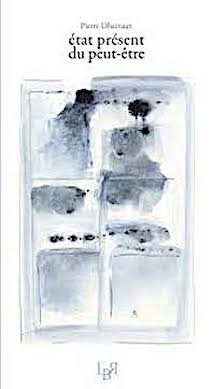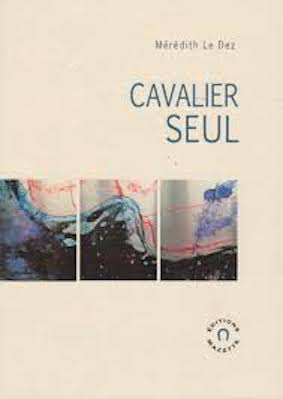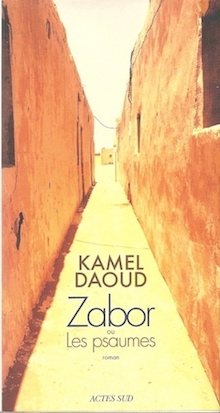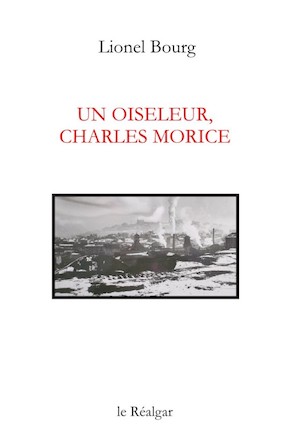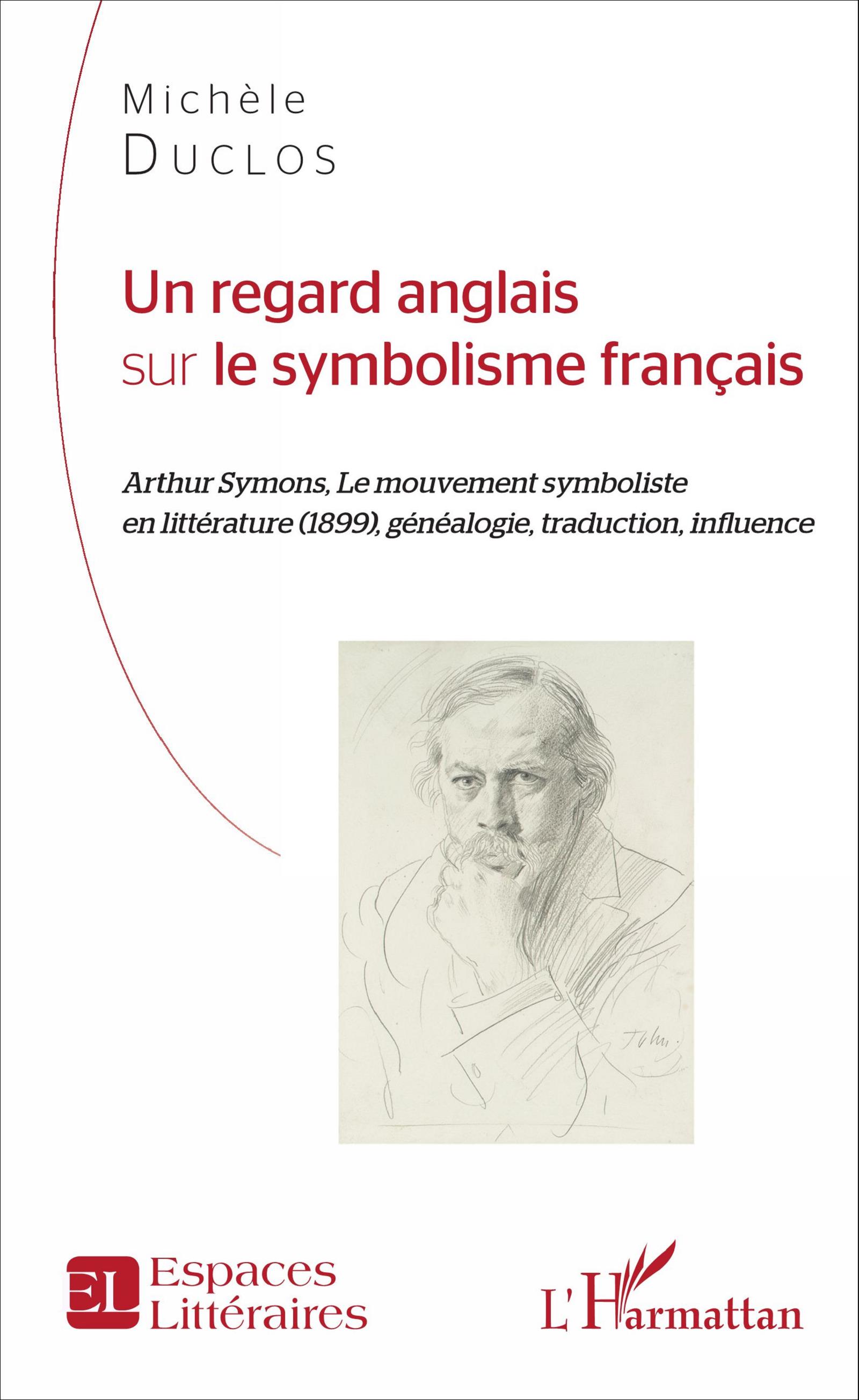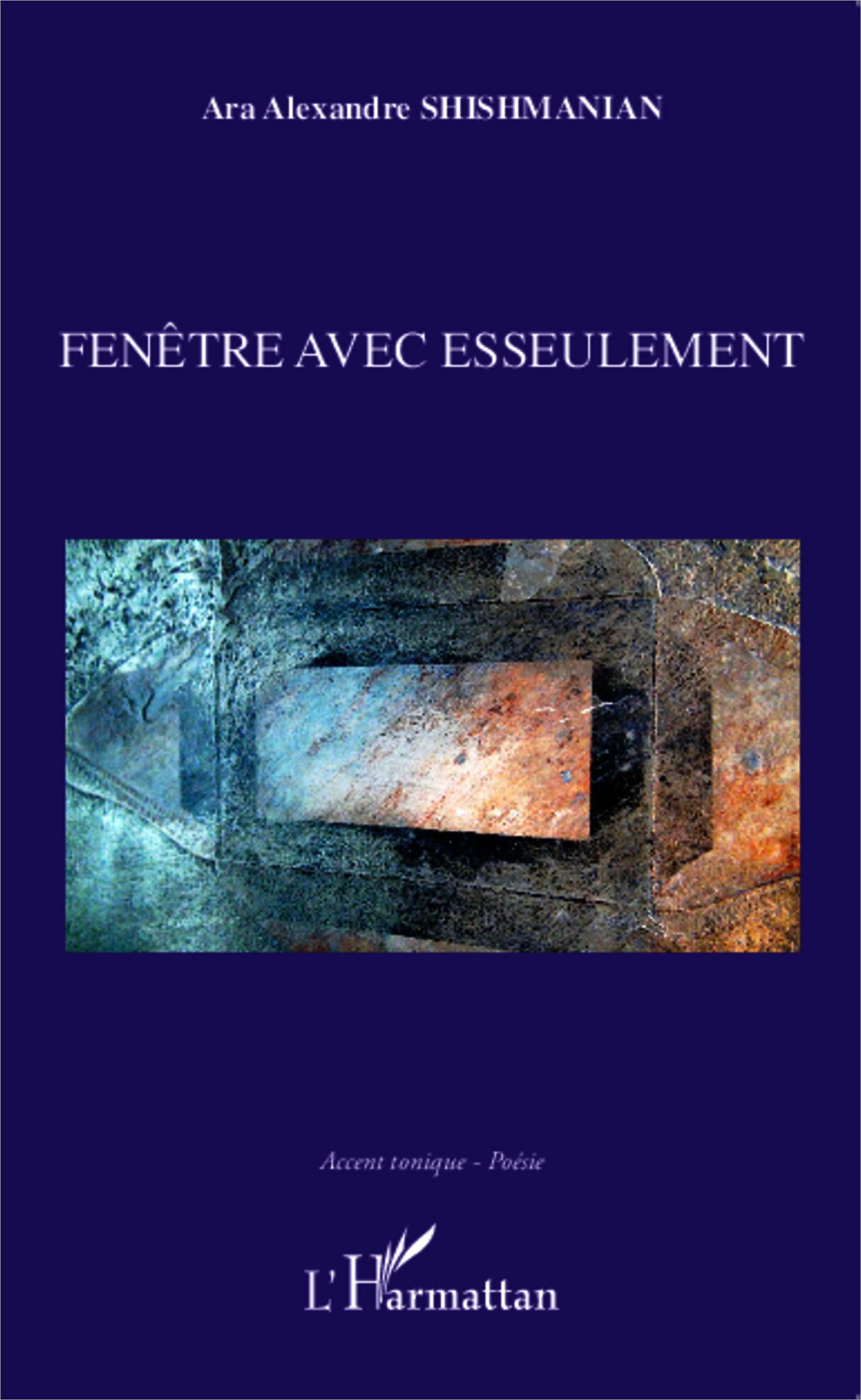“Sense of something else”, “time and space/ contracted” and “between one and the other” were some of the expressions which captivated my attention on my first reading poems by the leading contemporary British poet Simon Armitage. “Sense of something else“ had striking resemblance to Larkin’s “the importance of being elsewhere“; “time and space/ contracted” was close to Eliot’s “intersection of timeless/ with time”; “between one and the other” resonated with Auden’s “for the time being”.
The poetic voices of those three important literary figures which greatly marked the Modern age in British poetry (Larkin, Eliot and Auden) can be found in some ways echoed in the background of Armitage’s verses – in a disposition to Larkin’s jazzy music variations in stanza structures, inclination to Eliot’s philosophical world view, and in an Audenian like affinity to lyrically beautify ugly reality.
One of the settings where Armitage’s poems take place is night. This poet feels night as a frozen moment, “the ringed planet”; it gives him the power to watch, feel and eavesdrop on the beats and rhythms of nature. But that power endures only until dawn (“wait for the dawn to take you”). He finds nature as being similar to man. Hence he constructs the picture of sameness of man with nature, and is happy to be able to completely indulge in such a “unitedness” with the scenery before his eyes (“who wouldn’t die/ for the view”).
The idea of man’s closeness to nature is what gives this poet a feeling that he is never alone. He is either surrounded by the past (“Those days. Those times”), the future (“The future was a beautiful place”), his own thoughts and reflections, a silent listener (probably female), people or by family.
The lyrical voice in Armitage’s poems is still living in his past, confusing it either with his future (as in the poem “A Vision”) or with his present (as in the poem “At sea”). Whatever the lyrical voice does, it manages to reveal a glimpse of a wish to find hidden beauty in everyday (but frequently unattractive) life and to poeticize it (“the shade of the unnamed tree”; “the golden one”).
With the example of his four poems –“About his person”, “At sea”, “Give”, “The Hard”- I will try to demonstrate how all these features are reflected in Armitage’s verses, and why his poetry has the attribute of “photogenic”.
About his person
The title clearly implies that it’s a poem about “his person”, or an unnamed subject physically absent throughout the poem, but depicted only via his things. This unnamed subject has no feelings, no emotions, no physical appearance. He himself is rather a thing.
The poem’s structure resembles harmoniously connected fragments of broken triviality surrounding “his person”. Those fragments are stylistically conjured up by the usage of imperfectly rhymed couplets (ten overall) that manage to “break” triviality into pieces. The language of the poem is simplistic and so advertently used not to reveal, but to conceal the central problem in the poem – the unnamed subject.
The use of imperfect rhyme in this context is indicative of the author’s inner feelings provoked by the appearance of the unnamed subject. Being struck by seeing “his things”, the poet could not allow his rhyme to have its regular flow. This same rhyme contributes to “concealing” the harmony of the depicted scene – “a library card on its date of expiry”, “A postcard stamped/ unwritten, but franked”, “a pocket size diary slashed with a pencil”.
The author made an attempt to use objects so that he could transform a human being into a thing. The poem’s underlying motif is of transformation. Rather than talking about the trivial (as was the initial expectation), this poem talks about how to transcend the trivial, which can be achieved only through inner transformation.
Another underlying motif in the poem is the passive/ active dichotomy given through the relation between spectator and object, between the processes of observing and being observed. The spectator (poet) actively observes the object (the unnamed subject), which is passive. Not only does the poet actively observe the unnamed subject depicted through his things, but he also “actively” writes about what he sees. The passivity of the unnamed subject is clearly depicted by the use of “passive adjectives”: “white unweathered“, “no gold or silver”, “giveaway”, “beheaded”, “unwritten” or by set of words like: “date of expiry”, “postcard stamped”, “diary slashed with a pencil”.
And “that was everything”.
At sea
The central motif of the poem, which is written as a variation of dramatic monologue, is rooted in the idea of blending past with present. The speaker views his past in a moment outside of space and time. By blending those two aspects of time, the speaker is never completely involved in any of them, but is instead entrapped in his own frozen moment as himself rather than as a voluntary victim. The opening lines written in Audeanian style,
“It is not through weeping,
but all evening the pale blue eye
on your most photogenic side has kept
its own unfathomable tide”
directly refer to the moment of the speaker’s seeing tears on someone’s face, which takes him back to his long gone days: “Like the boy/ at the dyke I have been there”. Then he starts to remember the time when he would hold out “a huge finger” to lift “atoms of dust”. He refers to another (supposedly female) being, “We are both in the dark” — which is a key moment in the poem, since it reveals that the events he recalls onwards all happened in the dark or “through until dawn”. His past recollections are devoid of bright day or sunlight. He is surrounded by dark. This could hint at the speaker’s inner desire to delve into dark secrets of his consciousness, which is too strong to bear. “I cannot bring myself to hear it”, confesses the speaker.
The speaker’s voyage back to his own past stops when he starts hearing sounds (“the ball of your foot/ like a fist on the carpet”), and the line “for the eighteenth time” suggests that this is what continually recurs, and that each time it happens, he feels inhabited by the long “bottled” but “burst” feelings of pain. Then he feels tormented, and to walk in that pain would be to “walk in/ on the ocean”.
The ocean metaphorically stands for the lost physicality that is causing him pain. The sooner he approaches his lost physicality, the sooner does he start feeling his long ago buried pain. And then comes the sound dimly depicted as emerging from the imaginary female listener’s footsteps. However, it is still not clear what the sound is about, because the speaker is downstairs, and he cannot bring himself to hear it… It is only known that some words are heard. It could be that it is himself producing sounds – his inner cry. In that moment his senses are open. He hears (“words have been spoken”), he sees (“the length of your leg sliding out/ from the covers”), he tastes (“who hooked out his eye and ate it”), he touches (“the point of a tissue”). That’s why “the ocean” stands under, above, in front of, behind… all around the speaker, and he can’t help it.
Give
This is a free-verse poem with variations in stanza structures – couplet, terza rima, terza rima, couplet, couplet. Such variation resembles patterns of a musical piece, more because its first two stanzas are rhymed (the first in the pattern A‑A, the second in B‑C-C pattern), and the last couplet contains repetition (you-you). This musicality is further strengthened by the use of verbs denoting music – “dance” and “sing” (“For coppers I can dance or sing”).
The poem takes the form of a soliloquy by the male speaker. This speaker is pursuing his imaginary female lover with the attempt to confess his love. He is “on the street, under the stars”, sleeping on her doorway which he willingly (“of all the doorways in the world”) chose to sleep. He dances and sings for coppers. He is pleased to be returned at least bits of his lover’s affection: “You give me tea. That’s big of you”.
The poem is a modern version of traditional love sonnets, in which the speaker courts his female lover, proves how much he is loyal to her and lyrically romanticizes his inner feelings.
The Hard
This poem is representative of the author’s attempt to find beauty in immediate objects. Its meter is far stretched, thus providing a groundwork for the author to free out his thoughts – and without a regular rhyme scheme to limit his poetic moves. This is clearly mirrored in the lines depicting “endless estate” and “cornerless state”. The poet stretches his meter so that he can proclaim an announcement. The first hint of such an attempt is given in the very title, “The Hard”.
On a psychological level, the poem represents a poet’s interior journey “between low tide and dry land, the country of sand”. The line “but the moon is low” is key to understanding the poem and realizing what the proclamation is about. “But the moon is low” suggests that such a scene was not expected to be seen in this voyage. The Moon symbolizes clairvoyance, intuition, the unknown, but given in this context, it stands for rebirth.
So, the pilgrim (stranger in the poem) who embarks on an interior journey aspires to be reborn. In order to attain that condition, he needs to shake off the remnants of his past life pictured in the opening lines, “Here on the Hard, you are welcome to pull up and stay”, or later in the poem, “The vast, weather-washed, cornerless state of our mind/ begins on the Hard”. Those lines also serve as an invitation for the pilgrim to enter the new life symbolically alluded to as “The Hard”. But it is not easy to do so. “The moon is low”, and he is still doing nothing, but is only tempted to wait. The lines that appear after invoking the picture of low Moon refer to the ticket the pilgrim had bought for a pound which stayed “locked in the car” and “stamped with the time”), and are the echoes of his past life. They inform him that he is entrapped in a frozen moment. It is still not certain whether he is ready for his own rebirth. It is still not clear whether he can completely shake off the traces of his own past. And that is “hard”.
The pilgrim is testing himself, testing his own limits (in the metrically limitless poem!). Is he now ready for his own rebirth? We do not know it. The poem just “tells how taken you are, / how carried away by now, how deep and how far”.
***
Simon Armitage gives reality beautiful aesthetic dimensions. That’s why his poems have such photogenic features. As an example, in “A Glory” the speaker is so much in love with his object of affection that he endows her with angelic features – her “crucified shape” is dwelling in the sky above and leaving “the impression of wings”. The beauty of his love object distracts him, leaving him no sleep at night. But he enjoys watching his angelic love in those wee hours “from under the shade and shelters of trees”, again waiting for his mysterious dawn to take his sweetheart away.
The repetition mentioned in the poem “Give” recurs in other poems as well, as in “Out of the Blue”, when continuous verb forms are used to accentuate the duration of certain activities of the speaker (“waving, waving”, “watching, watching”, “searing, searing”), thus succeeding in making a parody of British nursery rhymes.
The speaker in Armitage’s poems is a time traverler who does not accept a predetermined destiny (“I pulled that future out of the north wind”). He enjoys the limitlessness and vastness of the universe. It is what gives him the freedom needed to create (“free sky, / unlimited and sheer”). It is when he feels completely on his own when his “photogenic” side can perceive the world around. He is partial not to colours, but to nuances of colours. Thinking that no colour is ever the same, he engages himself to examine and record the enigmatic changes of colour in the scenery he perceives, “the colours of oil on water in sunlight”, “smoke’s dark bruise/ has paled” or “white towels/ washed a dozen times, still pink”.
To conclude, Simon Armitage comes up with poems which are original and typically his own, as they are not easy to imitate. This just proves how Armitage’s familiarity with the rich British poetry tradition helps him to be contemporary. He creates verses fragile as the human body, flexible as the wind and waves. But, what Armitage bravely does is to dare bend his verses, putting them up and down, encircling them, but never breaking them. By doing so, he remains strictly within the frames of poetry, no matter how musical and visual his verses at times can be. Simon Armitage has proved himself a producer of highly refined British poetry, and as such will long remain.


